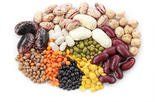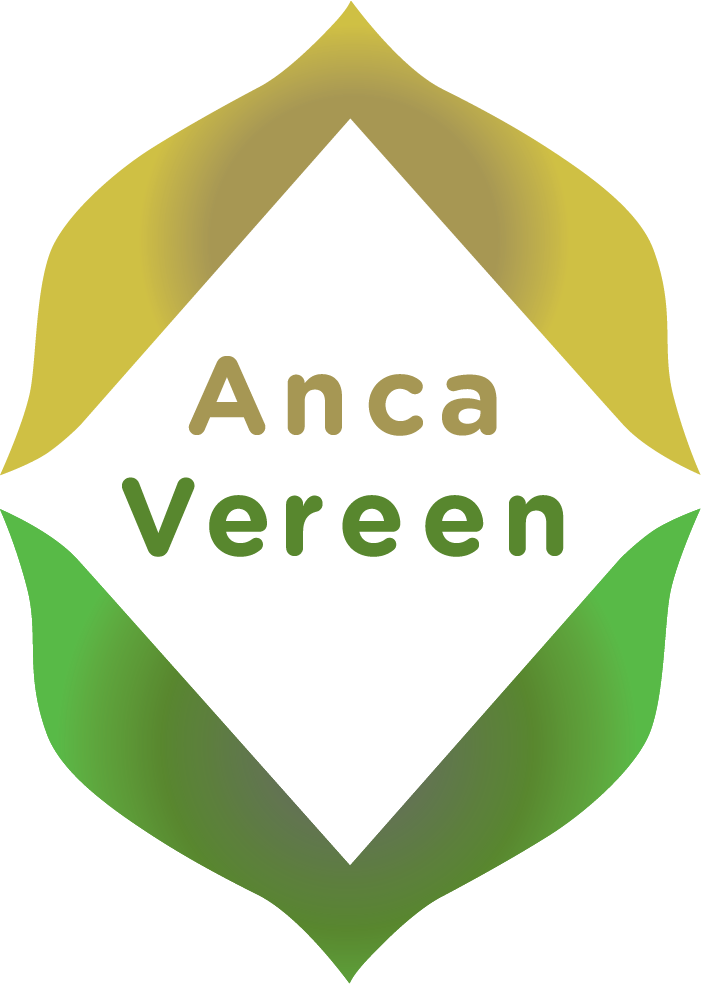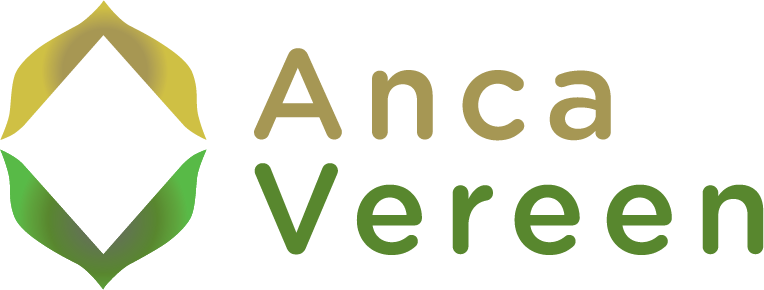A guide to vegetarian eating for nutritional benefits
A well balanced vegetarian diet meets healthy eating recommendations and is nutritionally adequate for all stages of life including childhood, adolescence, pregnancy and lactation. A healthy vegetarian diet is one that includes a wide variety of wholegrains, fruit, vegetables, legumes, nuts and seeds, plus dairy foods and/or eggs if not vegan.

Main Types of Vegetarians
Lacto-ovo-vegetarians include dairy and eggs in their diet but exclude
animal flesh
Lacto-vegetarians
include dairy in their diet but exclude eggs and animal flesh
Ovo-vegetarians
include eggs in their diet but exclude dairy and animal flesh
Vegans
exclude all animal-derived foods from their diet including eggs and dairy and generally honey
Important nutrients for vegetarians
1. Protein
Important for growth and repair of all body cells, formation of enzymes and hormones, normal functioning of muscles and nerves and immune protection.
Food sources
: Legumes (eg. beans, lentils, chickpeas), soy foods (eg. tofu, tempeh, soy milk, soy yoghurt), textured vegetable protein (TVP), eggs, nuts and seeds, dairy foods (eg milk, yoghurt and cheese), wholegrains (eg. quinoa, amaranth grain, brown rice).
Tip:
You do not need to combine proteins at each meal, simply consume a variety of proteins throughout the day and have an adequate energy intake.
2. Iron
Important for oxygen transport around the body.
Food sources
: Legumes, iron-fortified foods (eg.

breads and cereals), tofu and tempeh, nuts, seeds, green leafy vegetables, eggs, dried fruit, wholegrains (eg. quinoa, amaranth grain, brown rice, rolled oats)
Tips to increase iron absorption:
• Consume foods high in vitamin C (eg. citrus fruits and juices, strawberries, kiwi fruit, tomatoes, broccoli, capsicum) with meals
• Avoid drinking tea and coffee with meals (tannins in tea and coffee inhibit iron absorption)
• Avoid taking calcium supplements with meals
3. Calcium
Important for strong bones and teeth, proper nerve and muscle function and blood clotting.
Food Sources
: Dairy foods, calcium-fortified foods (eg. soy, nut, oat and rice milks and

fruit juices), almonds, brazil nuts, sesame seeds, unhulled tahini (sesame seed paste), amaranth grain, dried apricots, figs, soybeans, calcium set-tofu, Asian greens, kale, collard greens, broccoli.
Tips to increase absorption of calcium:
• Ensure adequate vitamin D (see below)
• Limit salt intake – salt increases calcium excretion
• Limit caffeine intake – caffeine (in tea, coffee, cola and ‘high energy drinks) inhibits calcium absorption
• Phytic acid (in bran and raw vegetables) inhibits absorption so have some of your vegetables cooked and choose wholegrain breads and cereals instead of adding bran
4. Zinc

Found in every part of our body and has a wide range of functions. It is important for growth and development, wound healing, healthy skin and a strong immune system.
Food Sources: Legumes, wholegrains (eg. quinoa, amaranth grain, brown rice wheatgerm, rolled oats), nuts, seeds, eggs, cheese, cow’s milk and soy products(eg. tofu, tempeh, soy milk, soy yoghurt), zinc-fortifiedbreakfast cereal.
Tips to increase zinc absorption:
• Soak legumes before cooking or use canned legumes
• Consume sprouted beans, grains and seeds andbread that contains yeast
• Consume foods containing organic acids such ascitric acid (in fruit and vegetables) at meals
5.Vitamin D
Helps with calcium absorption into bones and isimportant for the immune system. Food Sources: Eggs, vitamin D mushrooms, vitaminD-fortified foods (margarine and some milks). Vitamin D is also obtainable by the action of sunlighton bare skin.
6. Omega-3
Plays a critical role in good health and protection against disease.
Food Sources:
Flaxseed oil, chia seed oil, hemp
seeds, walnuts, canola oil, soybeans, seaweed, tofu,

eggs (omega-rich eggs are also available), chia seeds,flaxseeds/linseeds (stored in the fridge), omega-3
fortified soy milks (soy milk that has omega-3 added).
Tips to achieve optimal intake ratio of essential fatty
acids:
• Consume foods rich in omega-3 fatty acids
• Increase omega-3 consumption and reduce
omega-6 consumption by replacing sunflower,
safflower & corn oils with canola, soybean or olive oil

7. Vitamin B12
Required for cell division, the formation of red blood cells and maintenance of the nervous system.
Food Sources:
Dairy foods (eg. milk, yoghurt and cheese), eggs, B12-fortified foods (eg. some soy milk, meat analogues, veggie burgers, Marmite that have had vitamin B12 added).
that have had vitamin B12 added).
A vitamin B12 supplement will be needed if these foods are not eaten regularly, especially for those following a vegan diet.

8. Iodine
Essential for human growth and development and production of thyroid hormones.
Food Sources
: Dairy products, eggs, iodised salt, nori.
The post A guide to vegetarian eating appeared first on Vereen Health.




